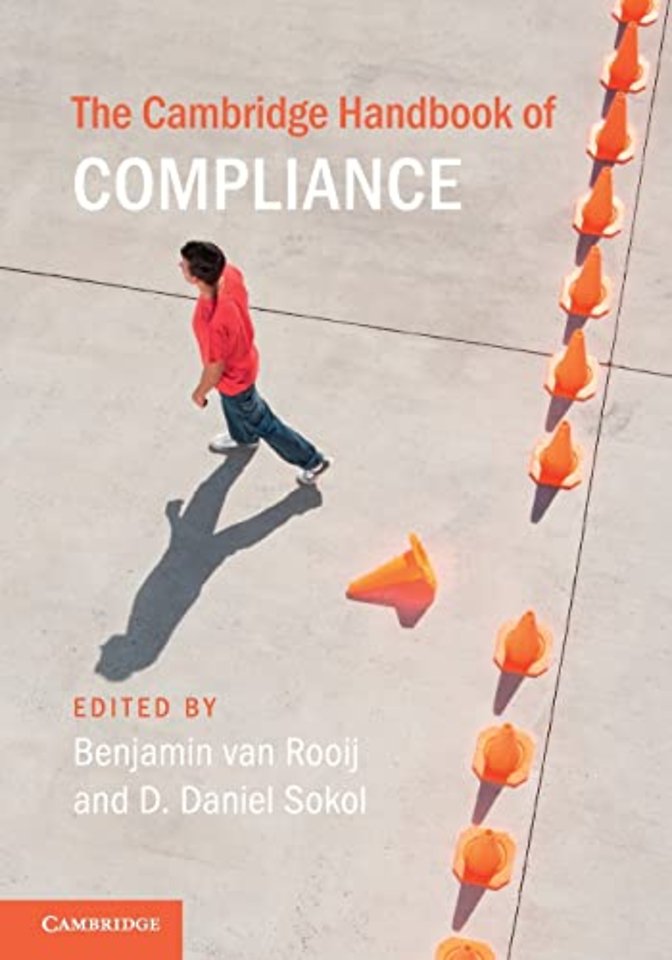The Cambridge Handbook of Compliance
Samenvatting
Compliance has become key to our contemporary markets, societies, and modes of governance across a variety of public and private domains. While this has stimulated a rich body of empirical and practical expertise on compliance, thus far, there has been no comprehensive understanding of what compliance is or how it influences various fields and sectors. The academic knowledge of compliance has remained siloed along different disciplinary domains, regulatory and legal spheres, and mechanisms and interventions.
This handbook bridges these divides to provide the first one-stop overview of what compliance is, how we can best study it, and the core mechanisms that shape it. Written by leading experts, chapters offer perspectives from across law, regulatory studies, management science, criminology, economics, sociology, and psychology. This volume is the definitive and comprehensive account of compliance.
Specificaties
Inhoudsopgave
Part II. Deterrence and Incapacitation
Part III. Incentives
Part IV. Legitimacy and Social Norms
Part V. Capacity and Opportunity
Part VI. Compliance and Cognition
Part VII. Management and Organizational Processes
Part VIII. Measuring and Evaluating Compliance
Part IX. Analysis of Particular Fields.







